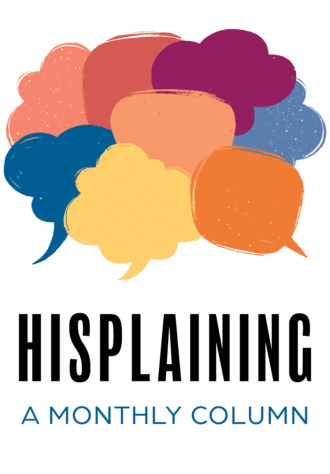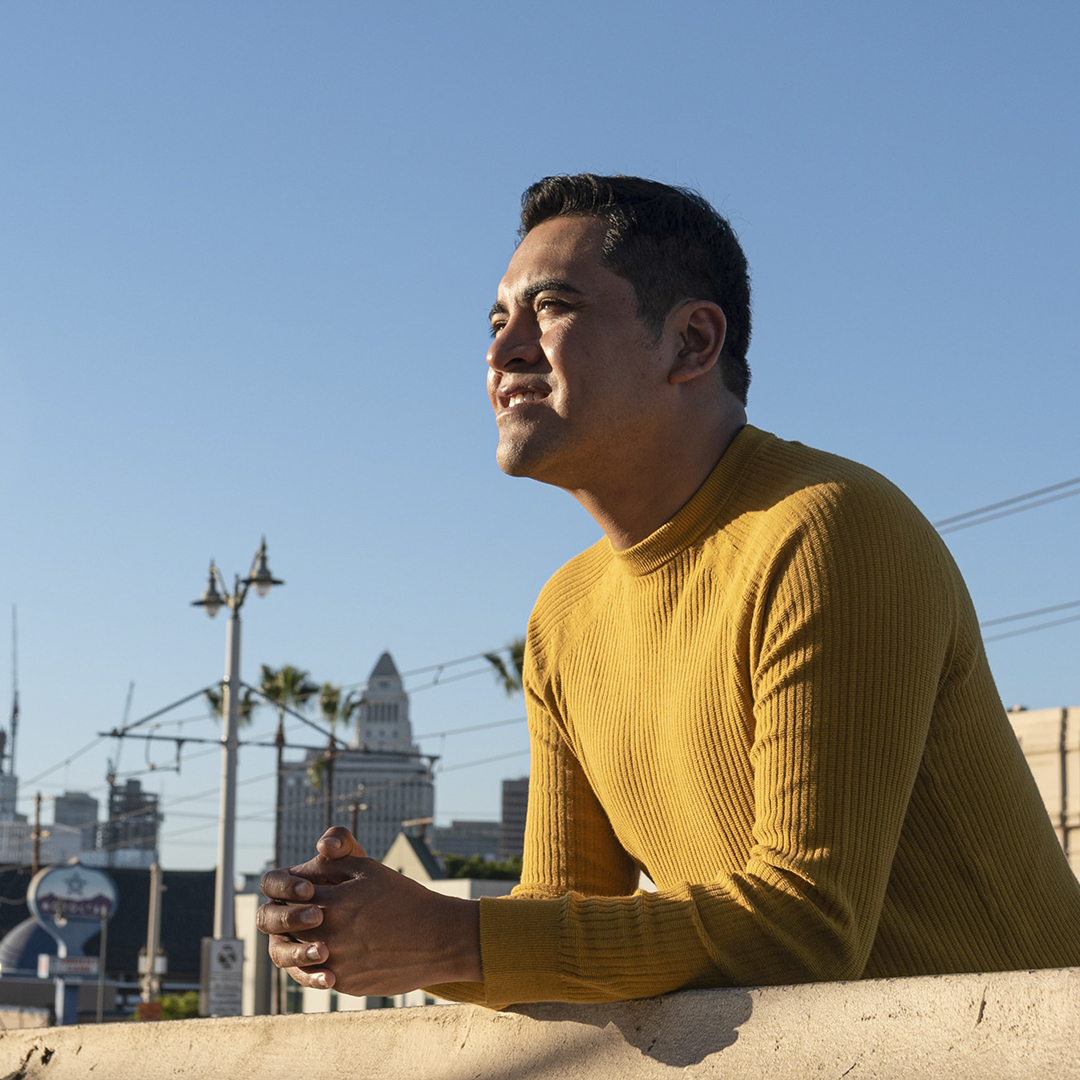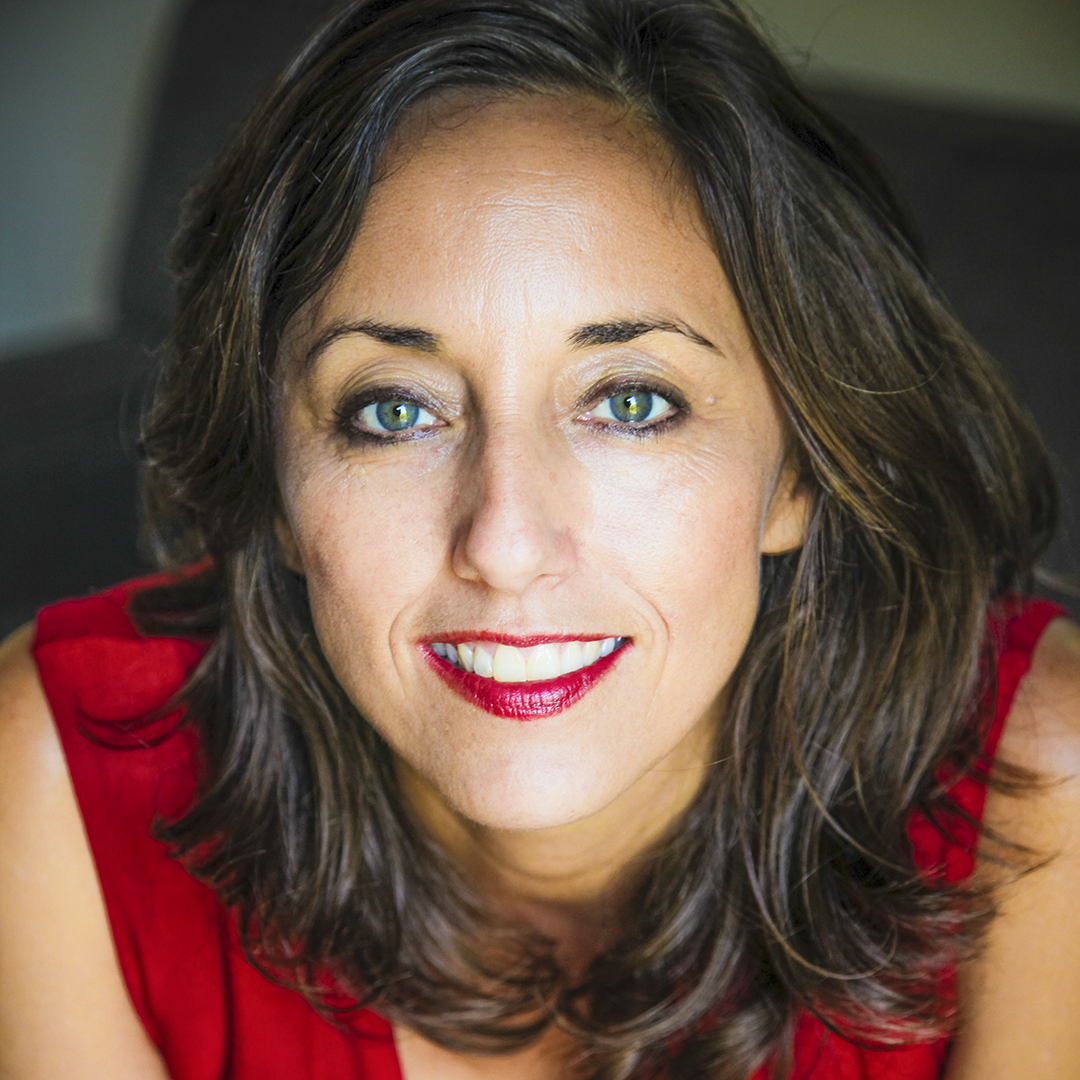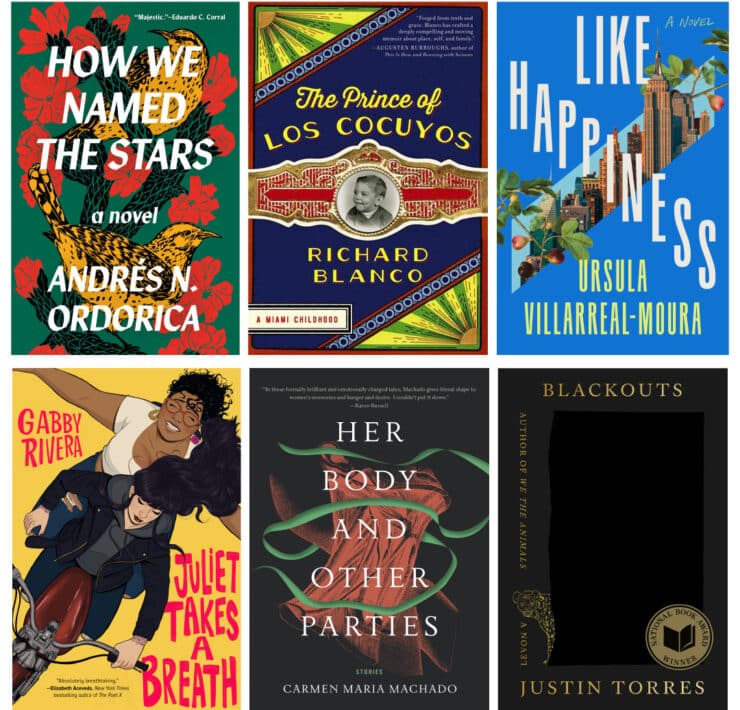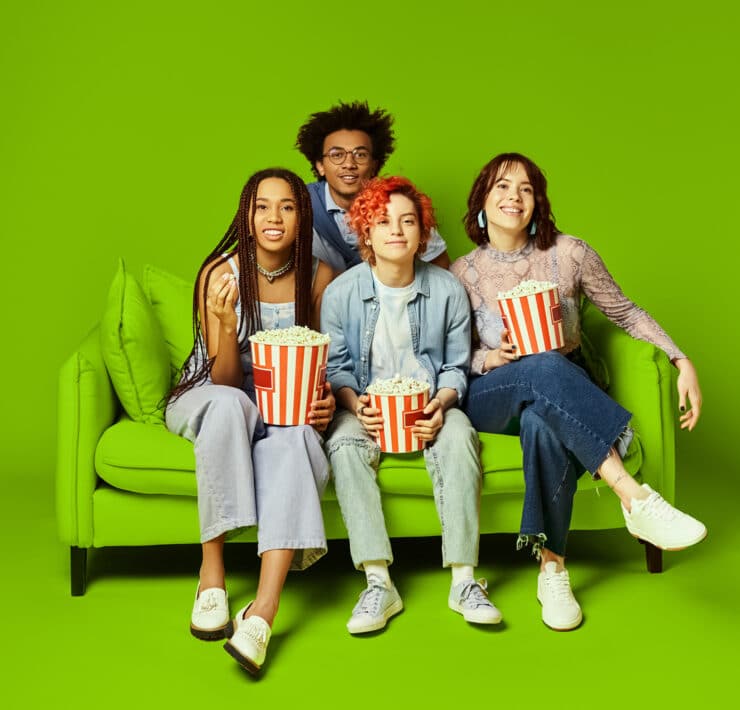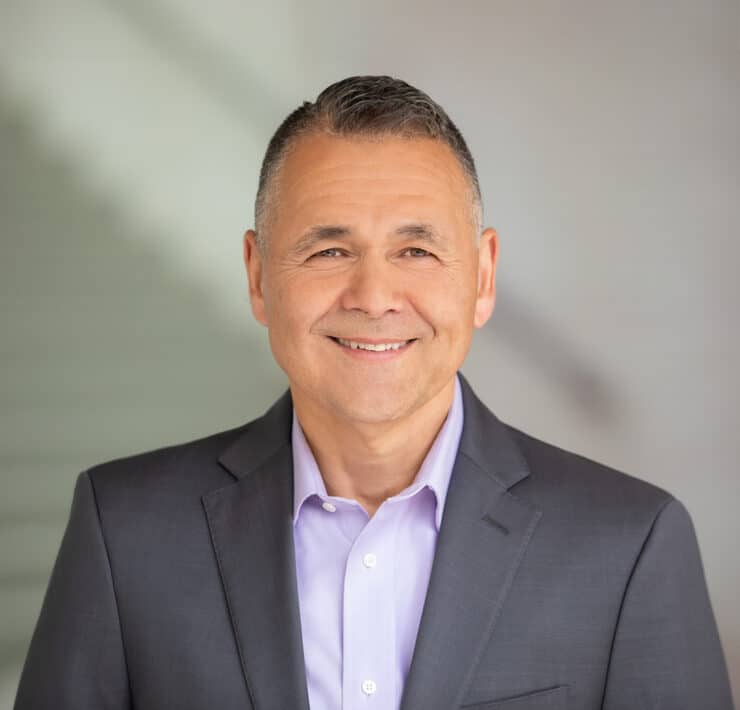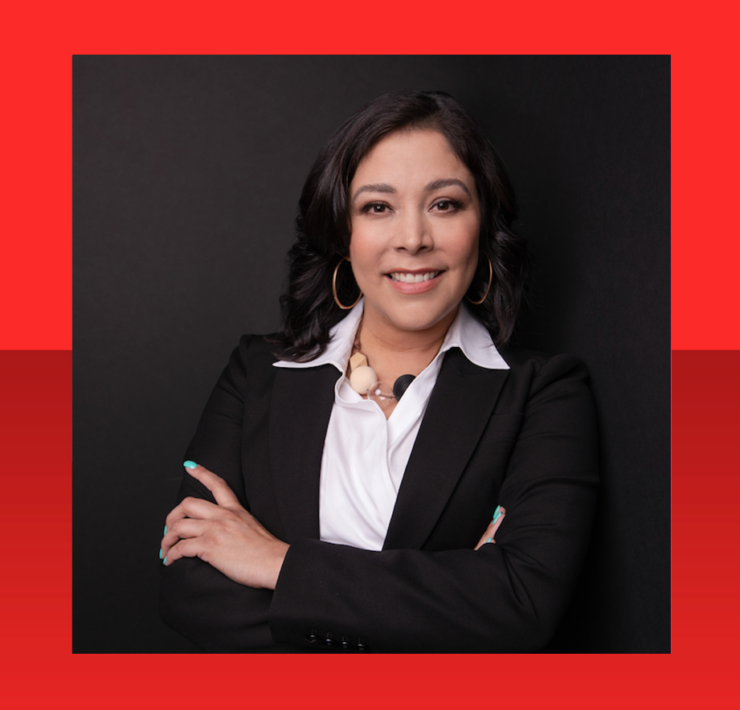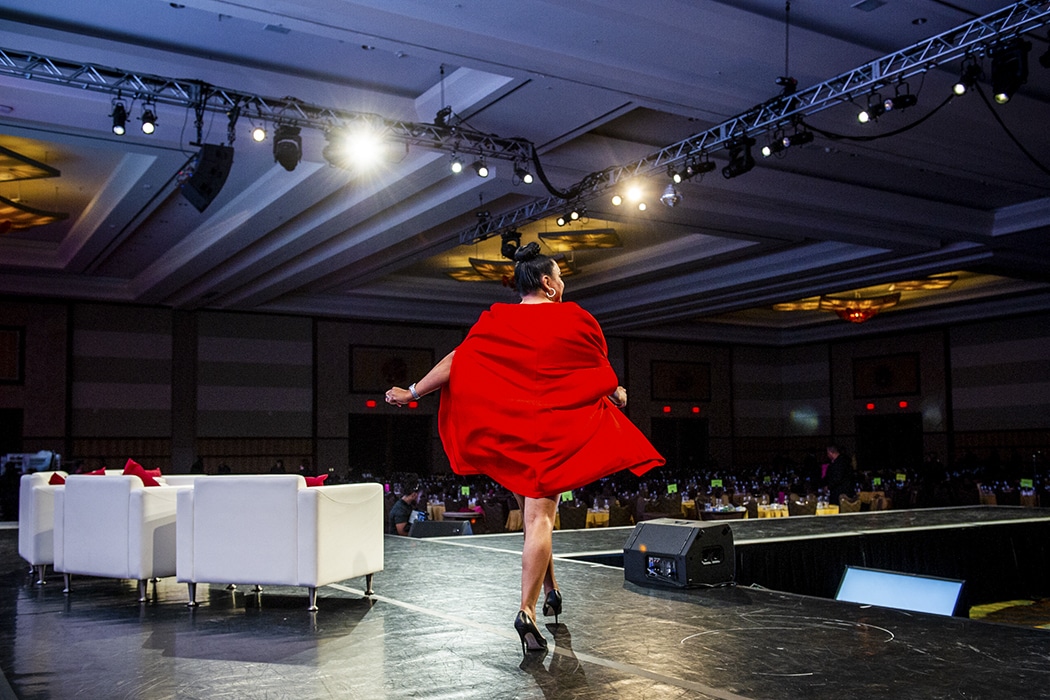
|
Getting your Trinity Audio player ready...
|
This is not a traditional profile, because nothing about Diana Feliz Oliva’s life or career, she believes, can fall under the label of “traditional.” Where some may have found their “moment of clarity” in a law class or in their first job out of college, Oliva experienced hers at the Twin Towers Correctional Facility in Los Angeles. And while some may have overcome adversity in a harsh corporate climate, Oliva had to discover herself while peers, teachers, and her own mother scorned an effeminate boy who preferred dolls to action figures and shamed that child for winning a kindergarten hula hoop contest.
Despite a turbulent upbringing, life on the streets of Los Angeles that could have easily cost Oliva her life, and a two-month stint in the LA County jail, Oliva persevered over poverty, crippling self-doubt, and the feeling that she was trapped in the wrong body to not only become her family’s sole college graduate, but also to earn a master’s degree from an Ivy League school.
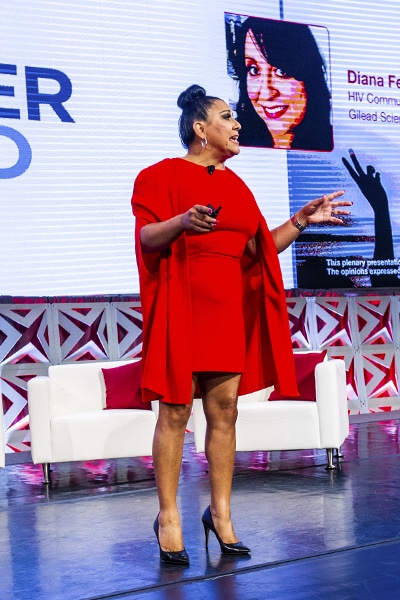
As the associate director of public affairs, patient advocacy, and community engagement at Gilead Sciences, Oliva has found the first role in her life where she is able to truly be herself. Even though it took forty-eight years, Oliva feels blessed to be here now, as the person she always knew she could be.
Oliva’s career accomplishments are more than enough to fill a profile, but like so many in the LGTBQ+ community, she has had to overcome far more than should be asked of any single person. Growing up in rural Sanger, California, in the seventies, neither Oliva’s family nor her community possessed the lexicon or cultural understanding to meet the needs of a child who felt out of place almost immediately in life.
“I felt so alone, so isolated, so depressed,” Oliva remembers. “But I always kept up my happy, can-do attitude. My body didn’t match what I felt inside, but I didn’t have anyone that I could talk to.” Her mother, a devout Catholic who was fighting her own battle with alcohol dependency, sometimes turned physically and verbally abusive.
The only way out for Oliva was Los Angeles, an early home for wayward members of the LGBTQ+ community who, after being rejected by their own families, had to find another. Oliva engaged in sex work to survive. “It may sound horrible, but it was the first time I actually received any affirmation or validation as a woman,” Oliva says. “The streets of LA were the first place where I felt anything that resembled love.”
Oliva’s transgender identity meant fairly routine interactions with the police due to the frequent profiling of the trans community, and she found herself locked up on a handful occasions. The last time it happened was different. “My last experience with incarceration, I had to be brutally honest with myself about who I was and who I wanted to be,” Oliva explains. “It was strange, because I had this overwhelming feeling of freedom, even though I was behind bars. I felt liberated because I was ready to celebrate and live my truth.”
In 2004, two years to the month after her release, Oliva completed her bachelor’s in social work at California State University, Los Angeles. Then she moved across the country to New York City. A year later, in 2005, she received her master’s degree in social work from Columbia University.
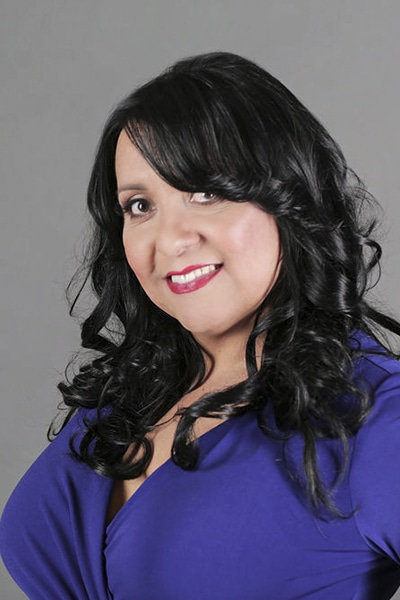
It wasn’t a fairy tale. She was completely on her own and still struggling to survive. “My first month in New York, I was hotel hopping until I was able to find a roommate,” Oliva remembers. “Even attending one of the most prestigious universities in the country, I had to revert to sex work to financially stabilize my living situation, and I had to hide that I was trans because I didn’t think anyone would rent to me otherwise.”
After earning her master’s, Oliva spent the next twelve years working for nonprofits on behalf of HIV-positive, incarcerated, and LGTBQ+ individuals, as well as farmworkers, the elderly, and youth. Oliva says that after finally accepting herself, she wanted to help others on their own journey. “I was born this way, and I’ve been able to come to peace with it and—more importantly—love all of me,” Oliva says. “I’ve reconciled my relationship with my God and my spirit, and I know I’m here to make a difference and uplift and empower the communities that I care about.”
It may seem strange that Oliva’s most welcoming position has come from a for-profit pharmaceutical company, but that is exactly what has happened at Gilead. “Even as a brown trans woman who has done sex work, who was incarcerated, who’s been physically and sexually assaulted, I still have a certain amount of power and privilege, and I have to use that for the good of our communities,” Oliva says. “Our people here working behind the curtain strongly believe in corporate giving and philanthropy and care passionately about developing therapeutic solutions for chronic illnesses. When I saw all the community initiatives Gilead was leading, I knew there was no way I could turn down this opportunity.”
Oliva’s latest promotion includes supporting and advocating for the transgender community. It’s a role she says is her dream job for many reasons: the people she can help, the example she can provide, and the guarantees she can make to her family.
“When I got this job, my brother hugged me and wept, because he knew that I would be able to help put my nephew through college in the future,” Oliva says. “I want to be able to show my nephews and nieces what their lives can be and what they can accomplish, no matter who they are. I do everything I do for my family and community.”
Rules of a Difficult Road
Diana Feliz Oliva has overcome incredible obstacles not just in her career but in the discovery of her own identity. She hopes her three pillars of wisdom may be beneficial to younger individuals working through identity issues of their own:
- “Love yourself. Be proud of who you are. You are not alone.”
- “Surround yourself with people who are positive, inspirational, and supportive. These people may not be your family or your friends right now—and this is something you will have to work through—but keep looking.”
- “Find something bigger than yourself to believe in, whether that’s God, the Mother Earth, or some other spiritual being. You need to check your ego sometimes and find balance in your life. I always want to make sure I have the heart of my community at the forefront of my mind and the decisions I make at Gilead.”
